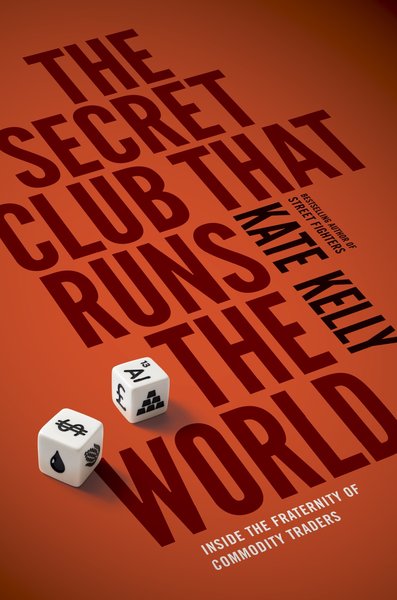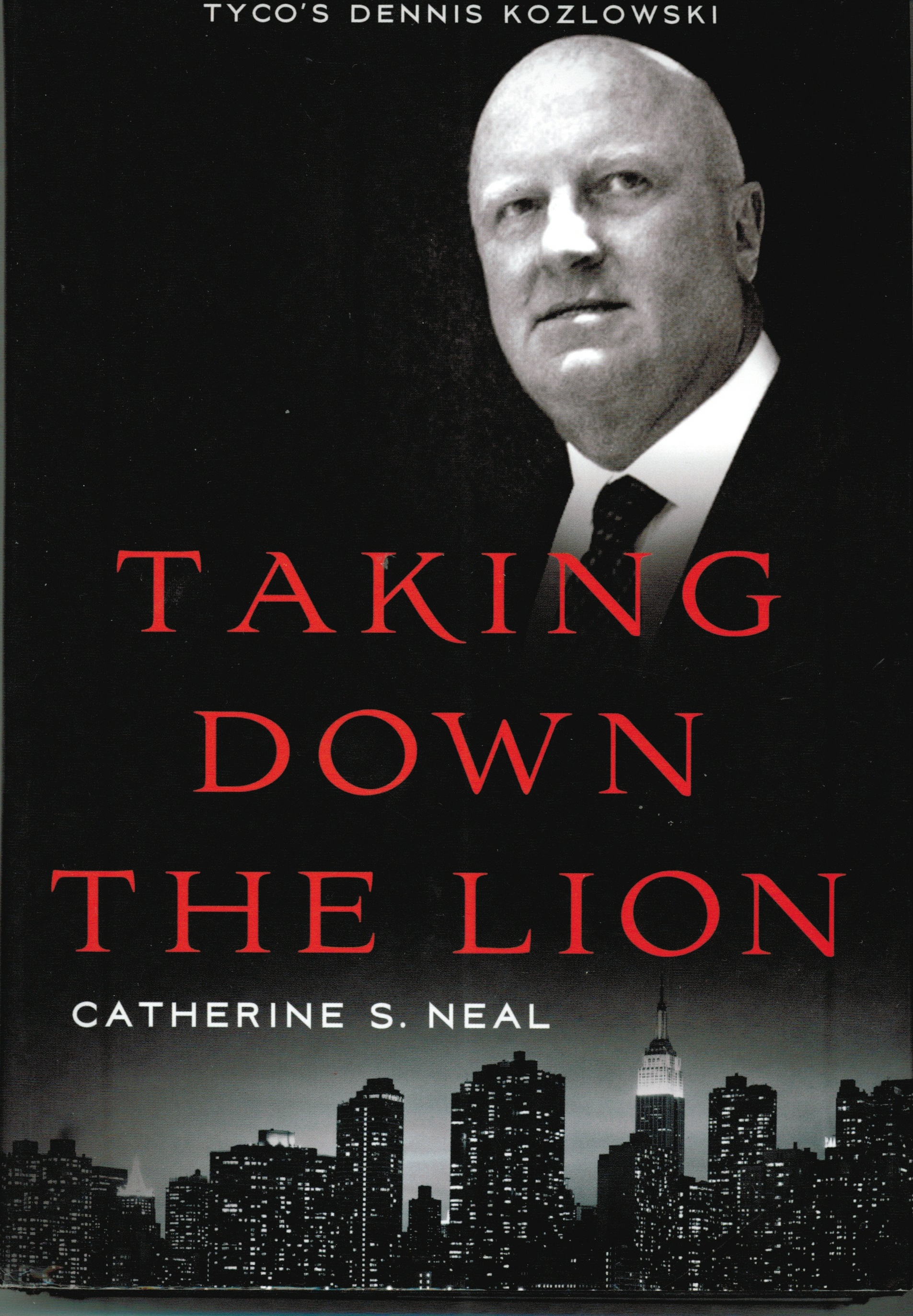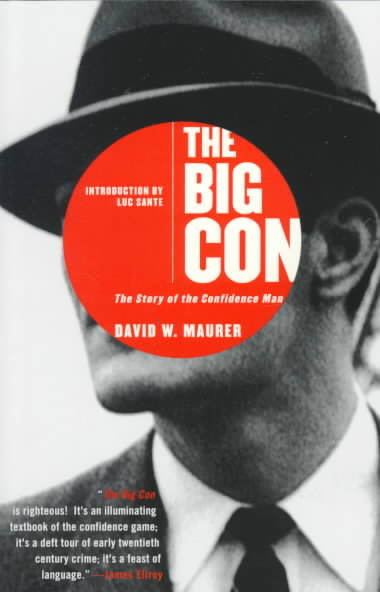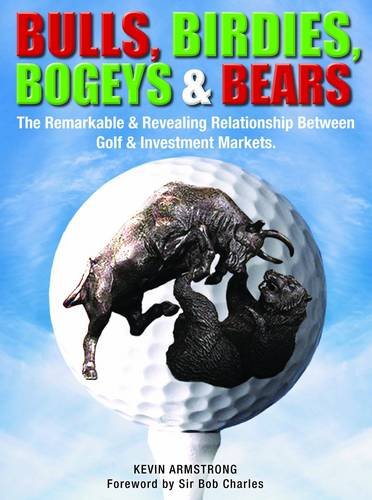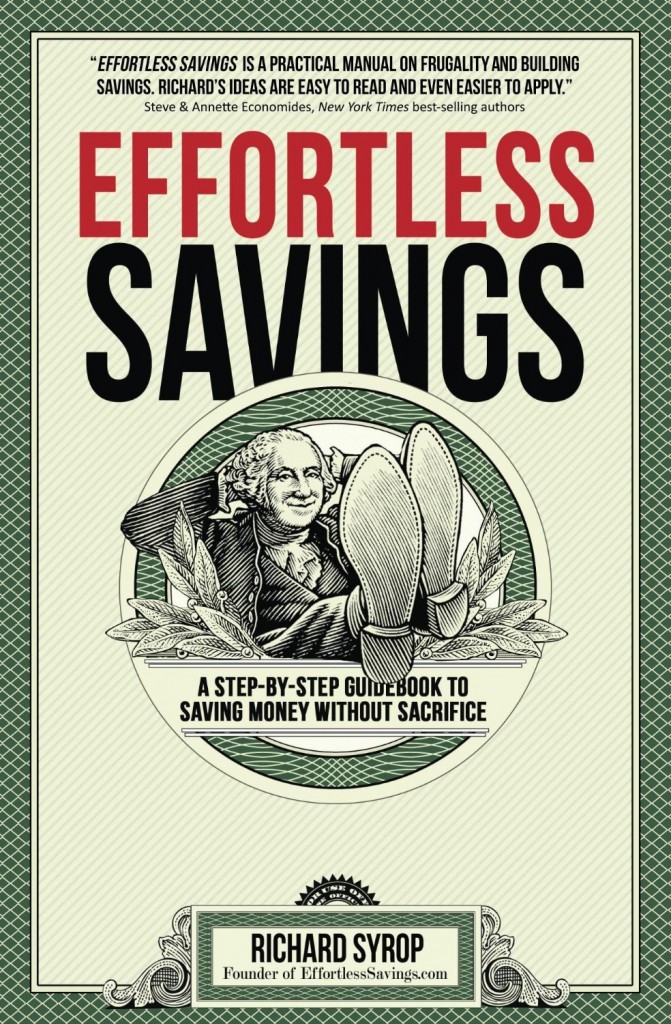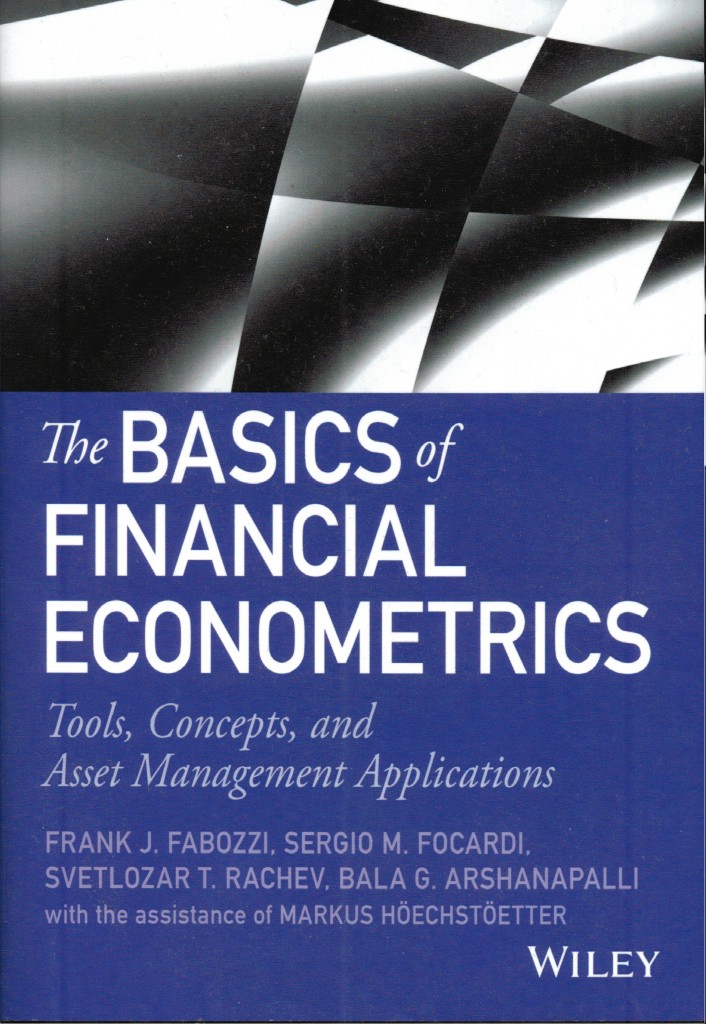Book Review: The Risk Wise Investor
 What do you think about first when you look at an investment? Do you think of how much you might make, or how much you might lose?
What do you think about first when you look at an investment? Do you think of how much you might make, or how much you might lose?
Most successful investors think about how much they could lose, which makes this book a very good one to read, versus many investment books that spend little time on risk, but try to sell you on likely returns.
We win by not losing, while taking moderate and prudent risks. ?This book encourages you in that direction.
Broadminded Wisdom
By broadminded, I don’t mean someone who is not willing to call some things right and wrong, but rather, someone who is willing to consider many facets of the problem as he suggests his advice.
He considers (chapter-by-chapter):
1) The modern problem of data overload, and how it distorts our decisions.
2) How good investment risk control is very much like the way we control non-investing risks in our own daily lives.
3) The long-term history of how financial risk management emerged, and how it has sharpened in the present era.
4) What level of risk are we trying to deal with? ?Those that want to have no risk against extreme contingencies set themselves up for losses if society remains intact. ?On the other hand, if you are only attempting to smooth out small setbacks, what happens when you face a true market crisis?
5) Should you consider risk to be a quantitative or qualitative matter? ?The author opts for both. ?I would argue you are better off with the qualitative, and a businessman’s instinct on the quantitative, as opposed to that of an academic.
6) Learn to train you emotions. ?Do not give into fear or greed.
7) As a result, add to risk assets in bad times, lighten up in good times.
8 ) Think for yourself, and don’t follow the crowd.
9) Control what you can control, hedge what you can’t control, if it makes sense
10) Realize that not all risks are the same size — focus on the big ones that are within your capacity to minimize.
11) Risk management is a process. ?Identify the outcomes you want to avoid?and avoid?them, considering what you might give up in the process.
12) Consider what great risk management looks like outside of finance, and use the analogies to aid your investing.
13) How good financial advice can help, and what that looks and feels like. ?The book gives many good questions to ask those who might advise you.
14) ?Dealing with financial panics and crises. ?There are no easy answers here, but if you can invest more when things are at their worst, or when things stop getting worse, you can do well.
The book has a summary, where it draws all of the stands of thought together. ?If after reading the book, you follow the summary, you will have a useful way of managing your investment portfolio. ?Now that said, managing investment risk is not easy, because markets are not stable. ?You need to be ready to not do so well during booms, while being willing to take risk when things look really bad. ?(But maybe wait until prices cross the 10-month moving average…)
Quibbles
None.
Summary
This is a very good book on risk control in investment management, and most investors, retail and professional, could benefit from it. ?If you want to, you can buy it here:?The Risk-Wise Investor: How to Better Understand and Manage Risk.
Full disclosure: The author?asked me if I would like a copy and I said ?yes.?
If you enter Amazon through my site, and you buy anything, I get a small commission.? This is my main source of blog revenue.? I prefer this to a ?tip jar? because I want you to get something you want, rather than merely giving me a tip.? Book reviews take time, particularly with the reading, which most book reviewers don?t do in full, and I typically do. (When I don?t, I mention that I scanned the book.? Also, I never use the data that the PR flacks send out.)
Most people buying at Amazon do not enter via a referring website.? Thus Amazon builds an extra 1-3% into the prices to all buyers to compensate for the commissions given to the minority that come through referring sites.? Whether you buy at Amazon directly or enter via my site, your prices don?t change.


